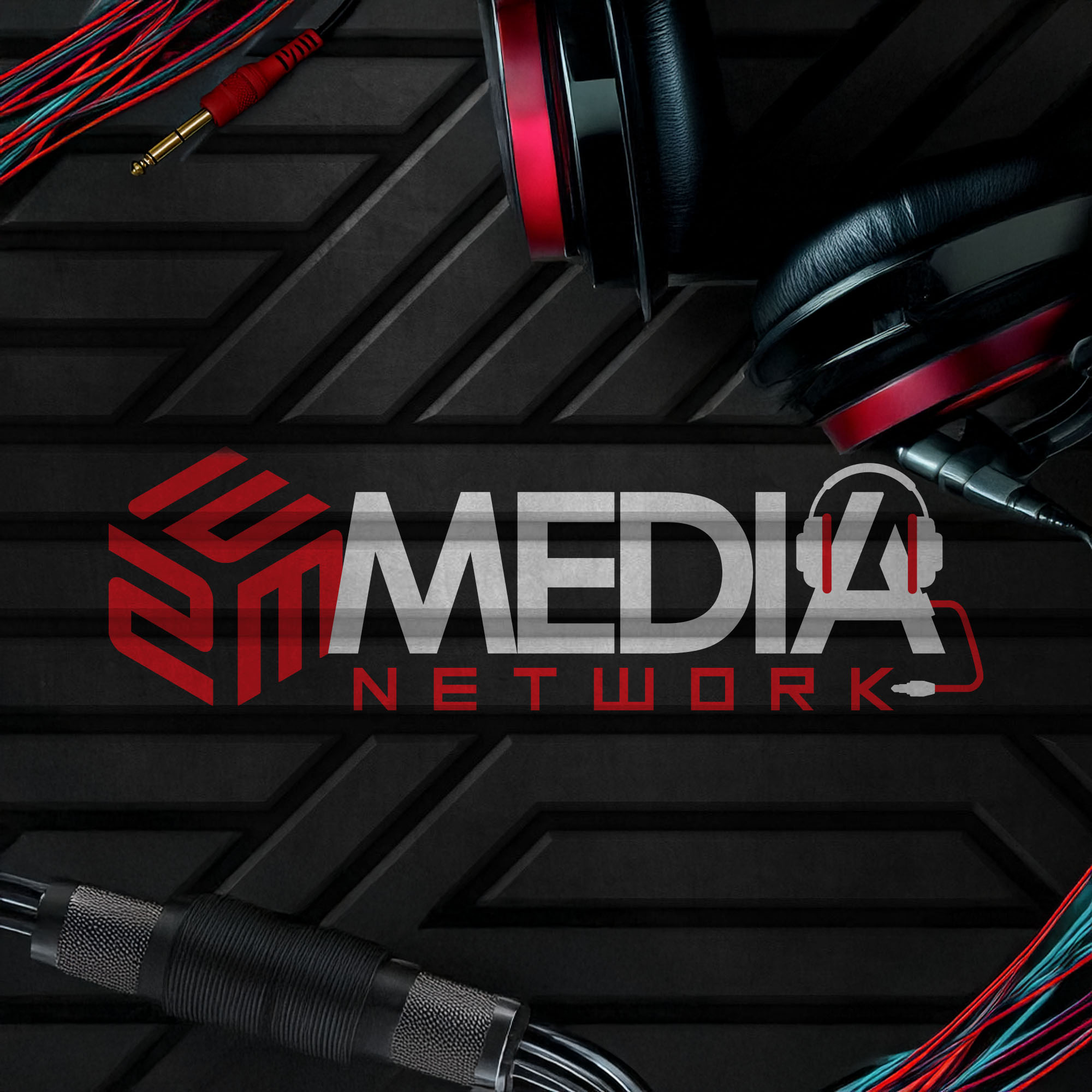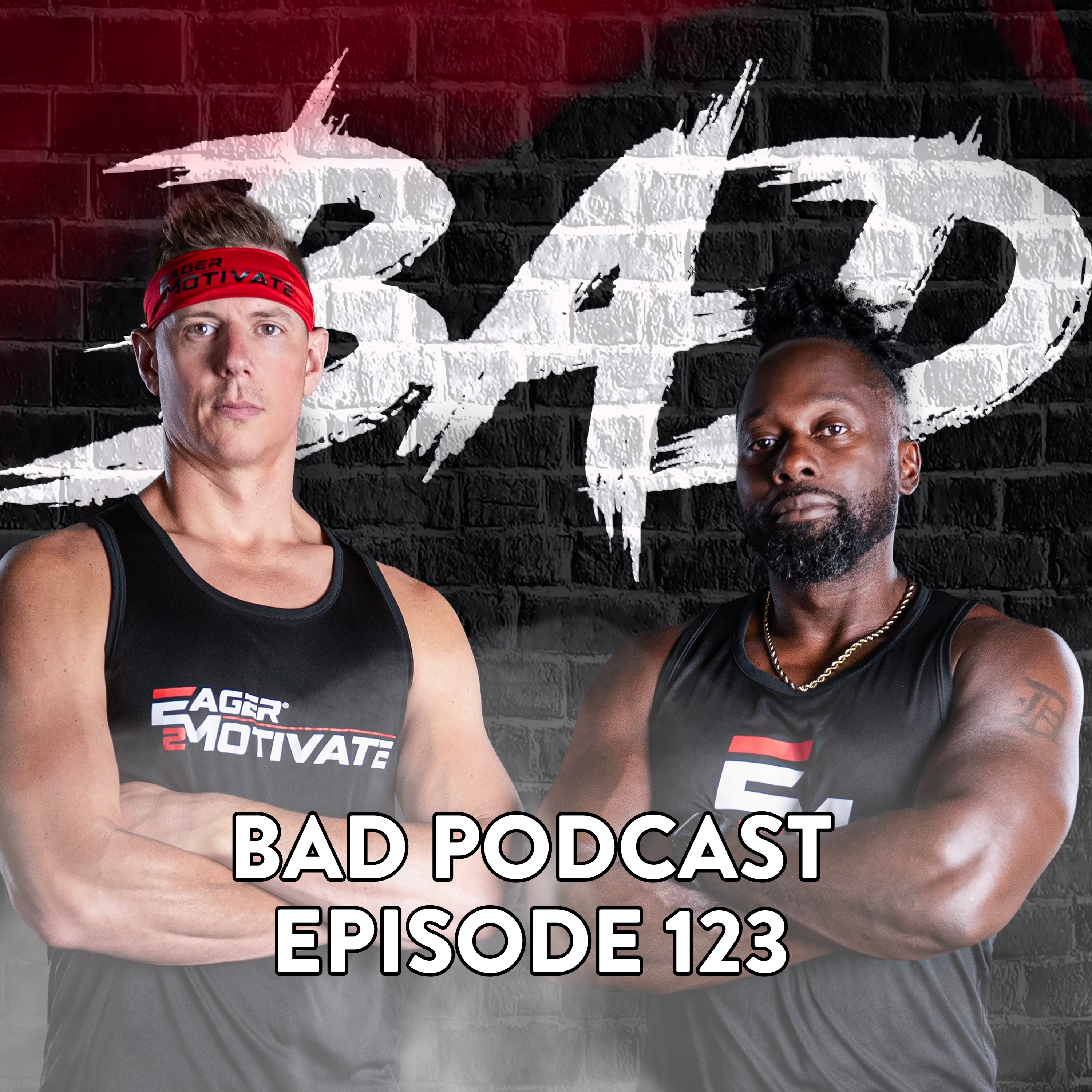Episode Transcript
[00:00:04] Hi, I'm Dr. Charisse Johnson, a licensed clinical mental health therapist, mindfulness practitioner, and author. One of my primary specialties is helping individuals who want to heal, maintain, reconcile, improve their relationship with life, with food, and with self. Welcome to Mindset Matters. Today's focus is the state before the plate. Have you ever been in a moment or situation where you felt like it was difficult for you to control what you put on your plate? Or you recognize I'm not fueling the right part of myself? You're kind of stuck in this state of chaos where you're noticing that the choices that you make aren't aligning with your goals. Sometimes we can get caught in that trap and believe that it's all all a matter of willpower, but that simply isn't true. It's a lot about the state of being or the state of mindset that you're in before you sit down to plate your food. So here's an anchoring thought to level set us. If you don't change your state of being, you'll keep feeding emotions instead of fueling your goals. And it's very likely that you're, if you're here and you're listening, that one of the things that you want to do is you want to fuel your goals. And know that when I say that, it's not about perfect affection, but it is about value alignment, being able to sit down. Can you imagine consistently being able to sit down, enjoy food, all foods fit in moderation, but also being able to eat in ways where you feel like you can stop, where you don't feel that scarcity, where you don't feel like you're binging or restricting or going back and forth. But you're in this wonderful place of harmony between cooking who you are, what you eat and how you live. And let me tell you, that is possible. So keep listening. Here's a core truth. Emotional eating isn't about the snack. It's about the state you were in before you reach for it. Take a moment, do this with me. I want you to think about the last time that you had a moment that you reached for something and there was part of you that was like, I don't even know why I'm really eating this. I'm not necessarily hungry.
[00:02:20] Maybe you did know, right? Maybe you did know exactly why you were eating it. But I just want you to take a moment and consider what was happening. What were you feeling, what emotions or thoughts were present before you reach for that snack or that food? That's what we can work on. And that's what we want to address. I'll give you a few examples.
[00:02:41] Stress snacking at 9pm after an overwhelming work day is a prime example of the state before you plate and kind of eating your emotions at the end of the day, eating mindlessly after conflict or boredom or loneliness. Those are two great examples. Let's move and talk a little bit of neuroscience. So the amygdala, which is the part of the brain that is your threat detector, and the hypothalamus, which is your hunger regulator, are deeply interconnected. Did you hear what I just said?
[00:03:14] Your threat center and your hunger regulator are interconnected. So if you're in a place of chronic stress, if you're in a place where everything feels overwhelming and anxious and stressful, it will have an impact on your appetite. It does not matter who you are. It does not matter how much willpower you have. Where motivation, willpower, and choice comes in is in the part of you that knows how to move through those moments without reaching for food to fix a problem. Because we know that that doesn't really happen.
[00:03:51] So when you're in a situation where dysregulated emotions take over, your prefrontal cortex, which is your rational thinker and your decision maker, shuts down. The brain begins to seek comfort. Because the brain's goal is survival. It wants to make sure that you're okay. So it's going to cue you to get some dopamine as fast as you can. But the dopamine producing behaviors that we often reach for are things like eating or drinking, even if you're not physically hungry.
[00:04:25] So here's a few questions I want you to ask yourself.
[00:04:29] 1. What emotion most often drives your urge to eat when you're not hungry?
[00:04:37] Take a moment, write those down if you're listening, or talk over them with someone who is a source of accountability in your life.
[00:04:44] 2. Can you identify a moment this week, or maybe in the past few weeks when your eating was more about your mood than your body?
[00:04:55] You knew for a fact that the foods that you were choosing or the amount of food or the time of day had a lot more to do with your mood than actual physical hunger? And then three, what internal state do you most often avoid feeling? That's a big one. A lot of times when we are navigating the state before the plate, we know what emotions are there and at the surface. But it's also the part of us that is trying to deny or avoid, not acknowledge what we're feeling that ends up Stuffing those emotions. So quick, neuroscience tip. When you name an emotion, you help regulate it. This activates your anterior cingulate cortex and begins to reduce the stress hormone. So we don't want you to just go, I'm frustrated. Although that's a little bit helpful. I want you to be able to name as many of those specific emotions. Some of you, if you've been listening to past episodes, you've heard me talk about name it before you tame it.
[00:06:01] Emotional eating is something that we can absolutely reframe. It often serves as an immediate but ineffective form of regulation. So yes, it's completely logical that you are reaching for food, that that is a dopamine boost. However, it's ineffective in terms of a long term regulation of your emotional state.
[00:06:31] So the state you're in, overwhelm, anxious, fatigued, unseen is what fuels your drive to eat.
[00:06:40] So reframing it looks like I am not weak, my body is seeking safety.
[00:06:47] Let me give it a better option. I don't ever want you to think that you need to deny your body of the reprieve that it's looking for. Your brain will continue to push you to do that. However, we want you to learn some options that don't directly take you to dopamine producing behaviors that come with consequence.
[00:07:11] So here's some common root states that trigger eating first. Emotional deprivation, like no one sees me or no one hears me or I feel misunderstood. When you have some emotional need, especially an interpersonal emotional need that is unfortunate, unmet, that's a common root state that's going to trigger you to find what you're looking for in the bottom of a bag or the bottom of a bottle. Except for you don't really find it. You just find guilt and shame and frustration.
[00:07:43] Another common root state that can trigger your eating is sensory overload and exhaustion. We can all experience this. If you're listening to this and you are a neurodivergent, this one's big for you because with all of the typical masking that's done through the day, as you're trying to compensate and manage and navigate life, then you're going to find that that sensory overload and exhaustion is there. And sometimes we're not really great about acknowledging it, about honoring it, and about restoring. If you're a caregiver, you may also find the sensory overload or exhaustion. If you are a young parent or a single parent, you get the picture. At any given moment, any of us, depending upon what's going on in our life, can find ourselves in Sensory overload or exhaustion. But we often try to push through it instead of slowing down. Another common root state can be loneliness or unprocessed grief. So for my avoidant personalities, those of you who like to say, I'm good, I'm fine, I just let it go, I moved on. Did you really? Because there is a level of grief that occurs when we have areas of our life that are unresolved. Or you might even have been in a situation where you had actual tangible grief. The loss of a job, the loss of a loved one. I don't want us to look at grief just as a loss of a person. Grief can also be the loss of a dream.
[00:09:11] Recognizing that something that you had always wanted or desired or something you thought would be a certain way no longer is, is also grief.
[00:09:19] And then the last one that I'll mention is feeling disconnected from your goals or your worth. If you are like, I have lost myself.
[00:09:27] I feel so far away from who I feel like I used to be. That is a common root trigger towards eating. But here's some tangible tools. This is called the state check in tool S T A T E so S is stress. Ask yourself, am I feeling overwhelmed or overstimulated?
[00:09:47] T Are you tired?
[00:09:49] Is this fatigue, not hunger? Is what you actually need more rest or a quick power nap? Fun NeuroScience tip a 15 to 25 minute nap is all that you need to help reset if you're feeling dysregulated. Now, don't get me wrong, sometimes that 15 to 25 minutes, you would prefer it to be an hour and a half or two, but that's not always possible. 15. 15 to 25 minutes is proven to do a phenomenal job when it comes to helping reset the brain and the body and the nervous system and at least be able to carry on without fueling that fatigue. The A alone.
[00:10:26] Am I trying to fill an emotional void? Are you in a season where you feel very disconnected, where you have recently lost several friendships or relationships, some because they needed to go, but perhaps some you didn't choose.
[00:10:43] T Are you triggered? Did something just upset or unsettle me? And then E emotion? Can I name what I'm really feeling?
[00:10:55] Another kind of tangible dynamic that you can use or a tangible tool is to change your state before you eat. So you could use a two minute grounding practice like stepping outside, deep breathing, moving your body, dance to your favorite song. Those things work.
[00:11:13] Or practice a mindful eating entry. Pause before a bite. Take three breaths into the nose, out through the mouth, and then ask yourself. This is one of my favorites. What do I really need right now?
[00:11:28] And then the third tangible tip is to anchor food to intention.
[00:11:33] Eat in a way that aligns with your values, not your feelings. And that way you're choosing food that fuels your purpose and really being able to sit down and ask yourself, all right, this is what I'm choosing. Does this align with what I say I value?
[00:11:48] Does it fuel my goals or fuel my feelings?
[00:11:52] And how am I going to feel afterwards?
[00:11:55] Here's a little call to action for you this week.
[00:11:59] I will pay attention not just to what I eat, but to who I am when I eat. And then you can take a moment and journal. What new behavior or ritual can I try this week to shift my state of being before reaching for food? For food. And remember, you can use the State Check in tool. I'm going to repeat it one more time just in case you didn't get it. The S is for stress. Am I feeling overwhelmed or overstimulated? T tired? Is this fatigue, not hunger? A alone? Am I trying to fill an emotional void the other T triggered? Did something just upset or settle me? And E emotion? Can I name what I'm really feeling?
[00:12:45] Remember, emotional eating fades when we learn to feed. The part of us that is truly hungry. Our unmet needs, our inner voice, and our emotional state.
[00:12:58] Those are the things that we need to tend to most. As always, I'm so glad that you chose to come and to listen. I hope that you gleaned something that you can use in your own life or share with others. Continue to stay connected with me. Let me know what's resonating with you and if you implement or try any of these tools, let me know how it goes. Until we meet again. Have a phenomenal rest of the week and and be well.


